Fully vaccinated children and teens in camp this summer can return to normal activities — without masks or physical distancing — the Centers for Disease Control and Prevention said Friday in much-anticipated guidance for summer camps.
But the advice is somewhat murky for children who will not be vaccinated, a group of kids who will likely make up the majority of typical summer campers. There is no Covid-19 vaccine available for kids under age 12.
Full coverage of the coronavirus outbreak
“In general, people don’t need to wear masks outdoors. That includes unvaccinated and fully vaccinated people due to the really low risk of transmission outside,” said Erin Sauber-Schatz, head of the CDC’s Community Interventions and Critical Populations Task Force, which wrote the guidance.
But “even though outdoors is really safe, there are still key times when if you’re not fully vaccinated, you should be wearing a mask,” she said.
Those key times are left open for interpretation.
“People who are not fully vaccinated are encouraged to wear a mask in crowded outdoor settings or during activities that involve sustained close contact with other people who are not fully vaccinated,” the guidance says.
The guidance doesn’t enumerate which of the many outdoor camp activities should and shouldn’t require masks. However, Sauber-Schatz addressed several scenarios.
Kids may want to wear masks or adhere to physical distancing when assembled in large groups, particularly while singing camp songs. Sauber-Schatz said studies have shown that “respiratory droplets travel farther” when people are singing, chanting and shouting.
But during a game of capture the flag, for example, where kids are spread out, running across large outdoor areas, “you wouldn’t have that sustained close contact that we would be concerned about,” Sauber-Schatz said. “That could be an outdoor activity that you might not need to mask.”
One important exception to outdoor mask recommendations: They should never been worn during activities in which they could get wet, such as swimming or canoeing.
“A wet mask can make it difficult to breathe and might not work as intended,” the CDC’s guidance states.
For indoor activities, the guidance is much more clear: The CDC “strongly encourages” masks for anyone over age 2 who remains unvaccinated.
The recommendations, meant for both day camps and overnight camps, are not mandates. They are intended to help camp directors and counselors make decisions about their own rules, which may vary from camp to camp.
“I think camps are going to need a little more support and information,” said Dr. Richard Besser, former acting director of the CDC and current president of the Robert Wood Johnson Foundation. “If CDC can get more specific, it would be helpful.”
Children have not been as vulnerable to Covid-19 as older adults, but they still can get sick and spread the virus.
As of May 20, the American Academy of Pediatrics reported 3.9 million Covid-19 cases in children, representing just over 14 percent of all cases in the U.S. Among those, 316 children have died. And the CDC reported that 3,742 children have developed multisystem inflammatory syndrome, a rare but potentially serious side effect of the virus.
Download the NBC News app for full coverage of the coronavirus outbreak
For everyone 12 and older, the CDC strongly encourages Covid-19 vaccination.
That’s a “no-brainer,” said Dr. Buddy Creech, a pediatric infectious disease expert at Vanderbilt University Medical Center in Nashville, Tennessee. “Get them vaccinated before camp. It makes the risk to themselves and the risk to the camp so much lower.”
So far, only the vaccine from Pfizer-BioNTech is available for kids 12 and older. Moderna expects to apply for emergency use authorization in 12- to 17-year-olds in June. Johnson & Johnson is currently conducting studies of its Covid-19 vaccine in young people ages 12 to 17.
Pediatricians agree that the socialization of summer camps can be extremely beneficial for children, particularly as they emerge from a year of isolation and remote learning.
“It is really important that we don’t discount the benefits of children getting back to a more normal life,” Besser said. “The goal is not to get their risk of Covid down to zero; it’s getting it down to something that’s acceptable.”
Follow NBC HEALTH on Twitter & Facebook.

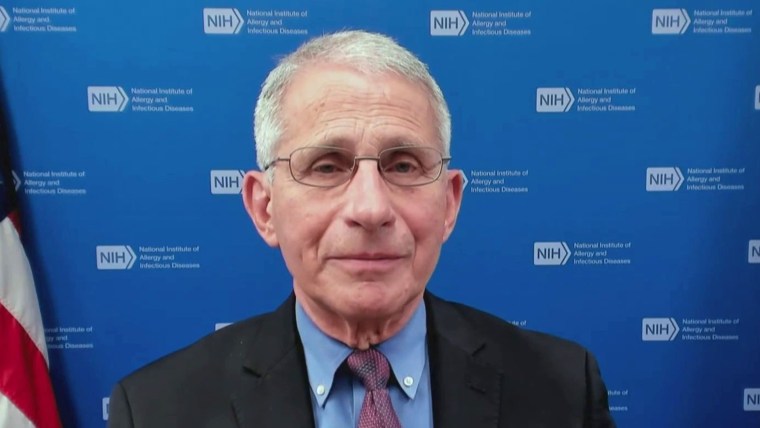
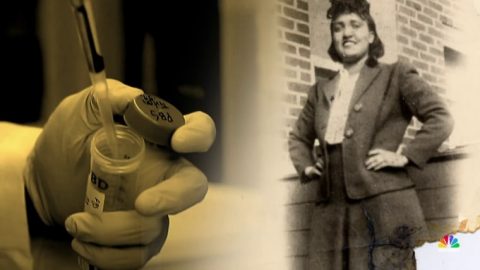
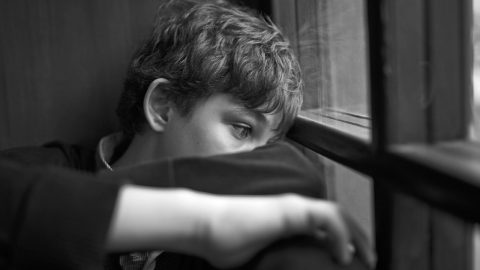
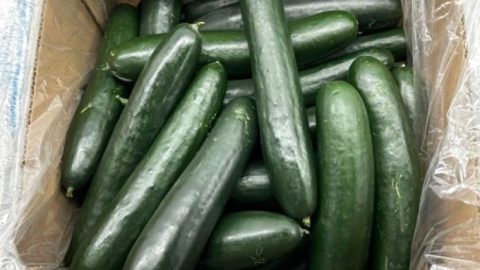
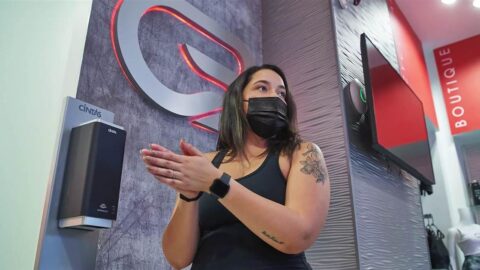
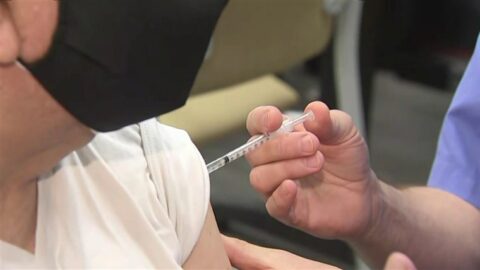
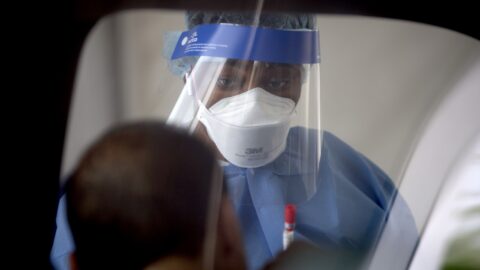
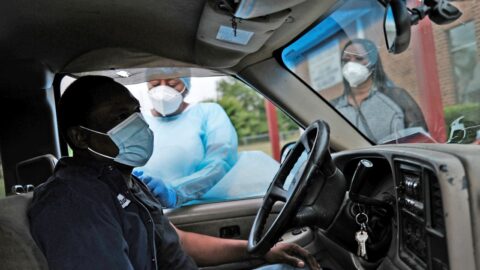
Recent Comments